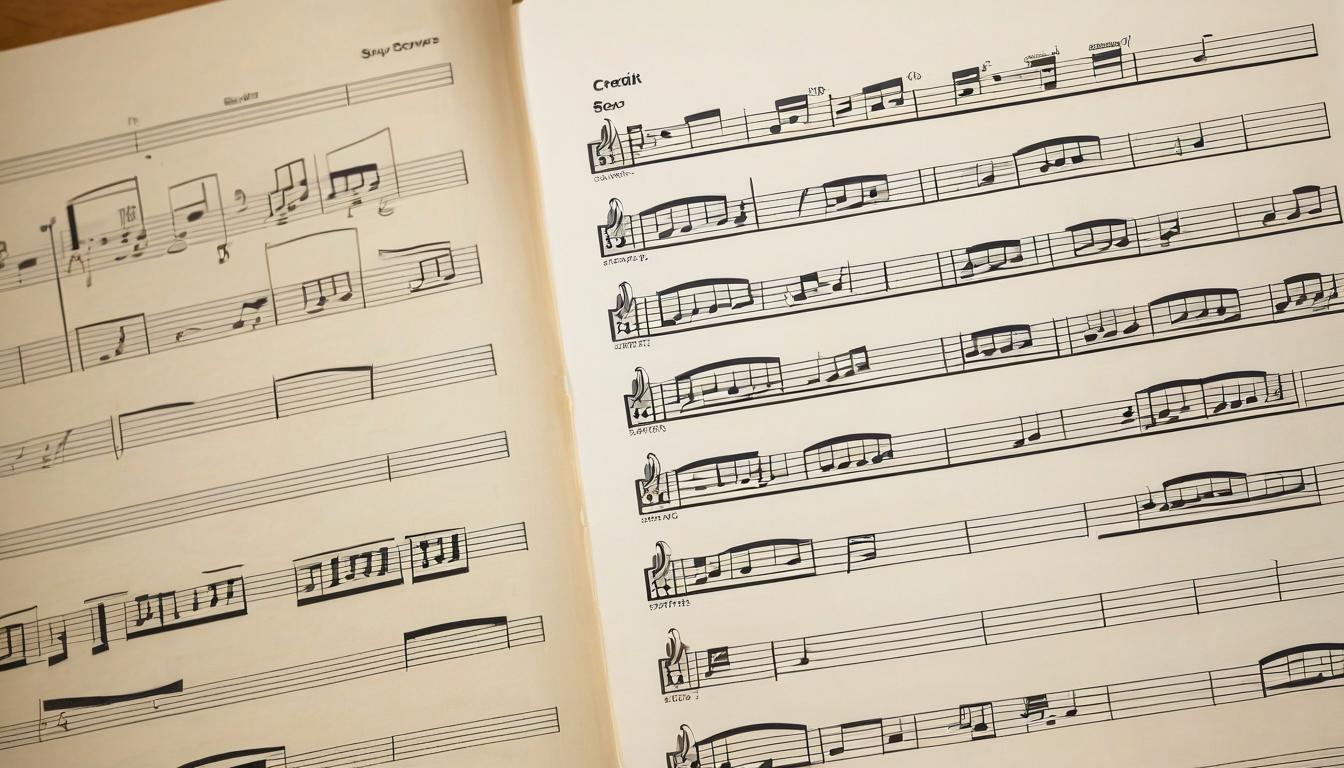The opening notes of a film score can transport audiences to distant galaxies, medieval kingdoms, or intimate emotional landscapes, yet the creators behind these sonic masterpieces often remain in the shadows, fighting battles over credit, compensation, and creative control. Behind the glittering premieres and Oscar ceremonies lies an industry grappling with systemic issues that threaten the very art form it celebrates.
Recent industry surveys reveal that nearly 40% of working film composers report being pressured to accept below-market rates for their work, with many forced to sign contracts that strip them of backend participation and publishing rights. The rise of package deals and buyout contracts has created a environment where composers are treated as disposable contractors rather than creative partners.
One veteran composer, who requested anonymity for fear of blacklisting, described the current landscape as "musical sharecropping." "We're creating intellectual property that generates millions in soundtrack sales and streaming revenue, yet we're often paid flat fees that don't reflect the long-term value of our work," they explained. "The system is designed to keep composers hungry and grateful for whatever crumbs fall from the table.
The credit system presents another battleground. While the Directors Guild of America and Writers Guild of America have strict rules about credit placement and size, no such protections exist for composers. It's not uncommon for a composer's name to appear in microscopic type during the end credits, despite having created hours of original music that fundamentally shaped the film's emotional impact.
Technology has simultaneously liberated and threatened the profession. Digital audio workstations and sample libraries have democratized music production, allowing composers to create orchestral-quality scores from their home studios. However, this accessibility has led to increased competition and downward pressure on budgets. Studios now expect composers to deliver fully produced scores with increasingly tight turnarounds and shrinking resources.
"The 'demo love' phenomenon has become particularly pernicious," noted Dr. Elena Martinez, a musicologist who studies film scoring practices. "Composers are expected to create extensive, polished demos during the pitching process, often investing weeks of unpaid work. When they don't get the job, that creative labor essentially becomes free research and development for the production.
The globalization of film scoring has introduced additional complexities. While remote collaboration tools enable composers to work with international productions, they also create opportunities for productions to pit composers from different regions against each other in bidding wars. Tax incentives and currency exchange rates sometimes make hiring composers from certain countries more financially attractive, regardless of creative fit.
Women and minority composers face additional barriers. Despite high-profile successes like Hildur Guðnadóttir's Oscar win for Joker, women still account for less than 15% of working film composers. The old boys' network remains entrenched, with many composers getting work through personal relationships rather than open hiring processes.
Streaming has revolutionized distribution while complicating compensation. While platforms like Netflix and Amazon have created more opportunities for original content, their payment structures often disadvantage composers. Unlike theatrical releases, where composers might participate in box office bonuses, streaming deals typically offer flat fees with no backend participation, despite the music potentially being streamed billions of times.
The physical media decline has eliminated another revenue stream. Where composers once earned mechanical royalties from soundtrack album sales, the shift to streaming has dramatically reduced these earnings. A platinum-selling soundtrack album might have generated six-figure royalties for a composer, while equivalent streaming numbers might yield only a fraction of that amount.
Some composers are fighting back through collective action. The Society of Composers & Lyricists has been advocating for better contracts and working conditions, while new organizations like the Alliance for Women Film Composers are working to increase representation. However, without union protection comparable to what actors and writers enjoy, composers remain particularly vulnerable.
The solution may require fundamental changes to how the industry values musical contribution. Some advocates propose implementing minimum fee schedules, similar to those used by the American Federation of Musicians. Others suggest creating new royalty structures specifically for streaming content, or establishing clearer guidelines for credit placement and size.
As one emerging composer put it, "We're not asking for sympathy—we're asking for recognition that our work has tangible value. The music isn't just decoration; it's architecture. It holds the emotional structure of the film together. Maybe it's time the business model reflected that reality."
The hidden crisis in film scoring: why composers are fighting for recognition and fair pay

